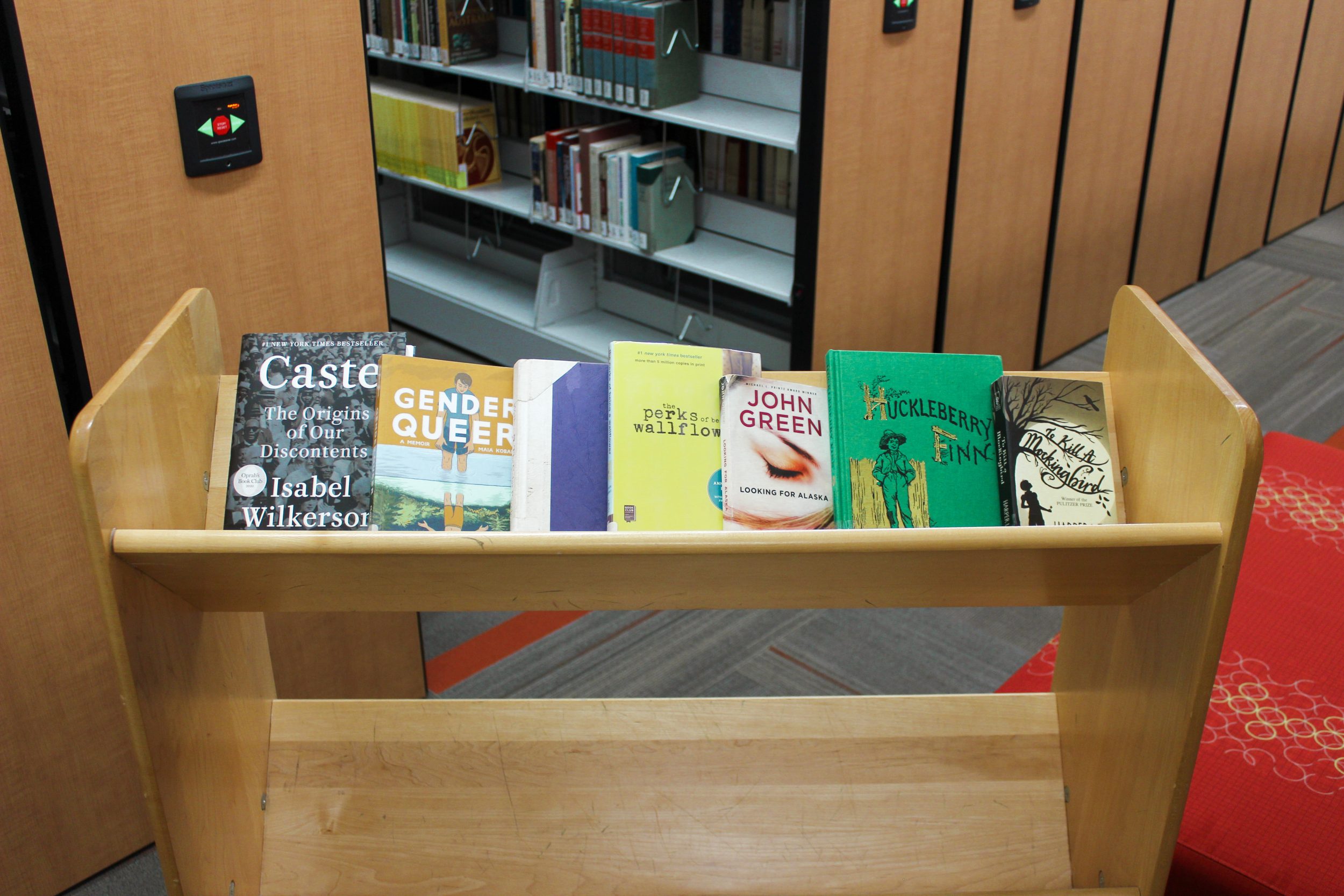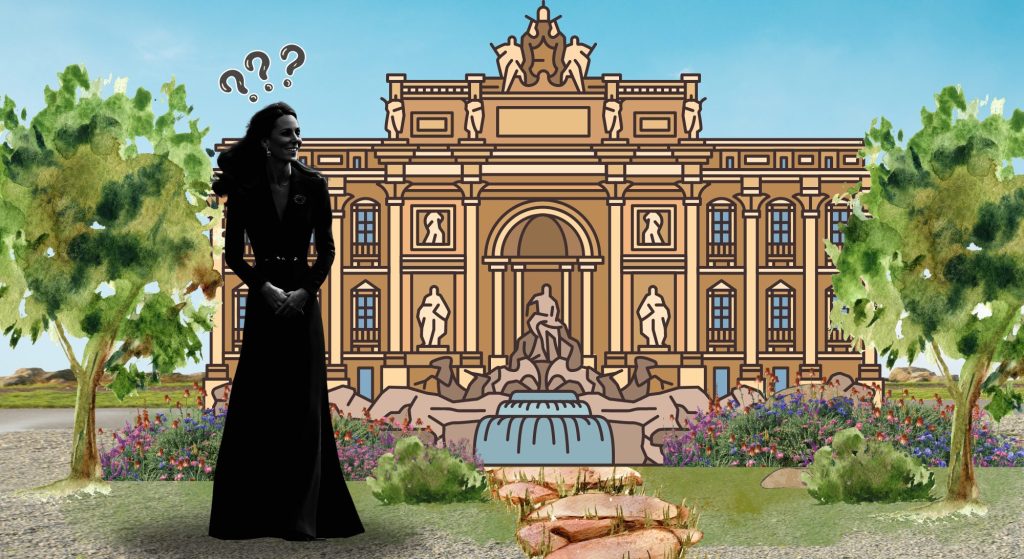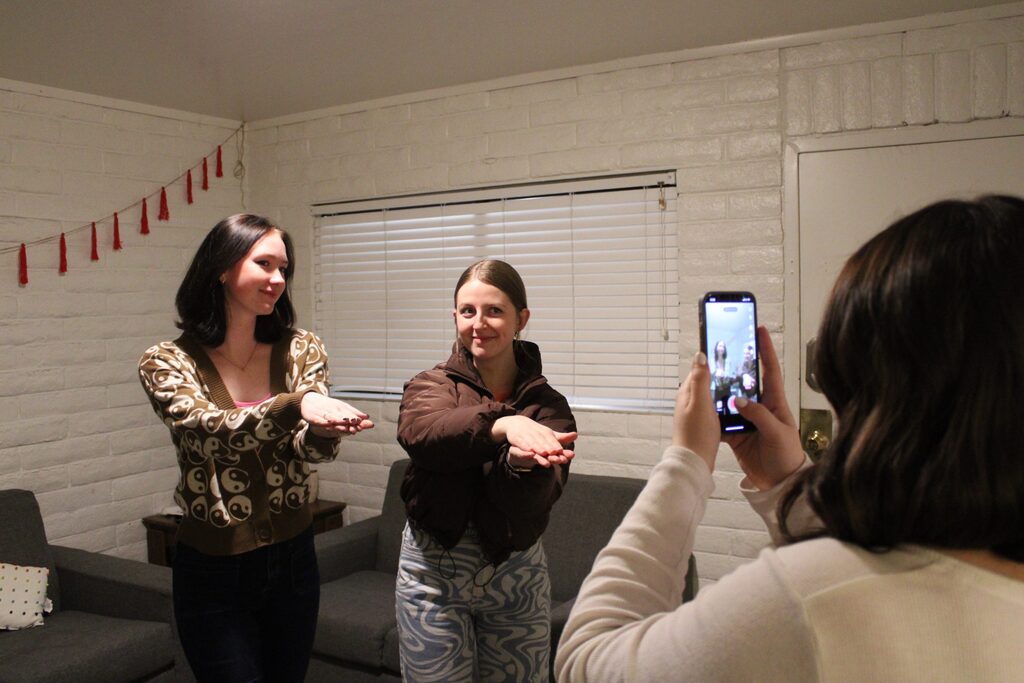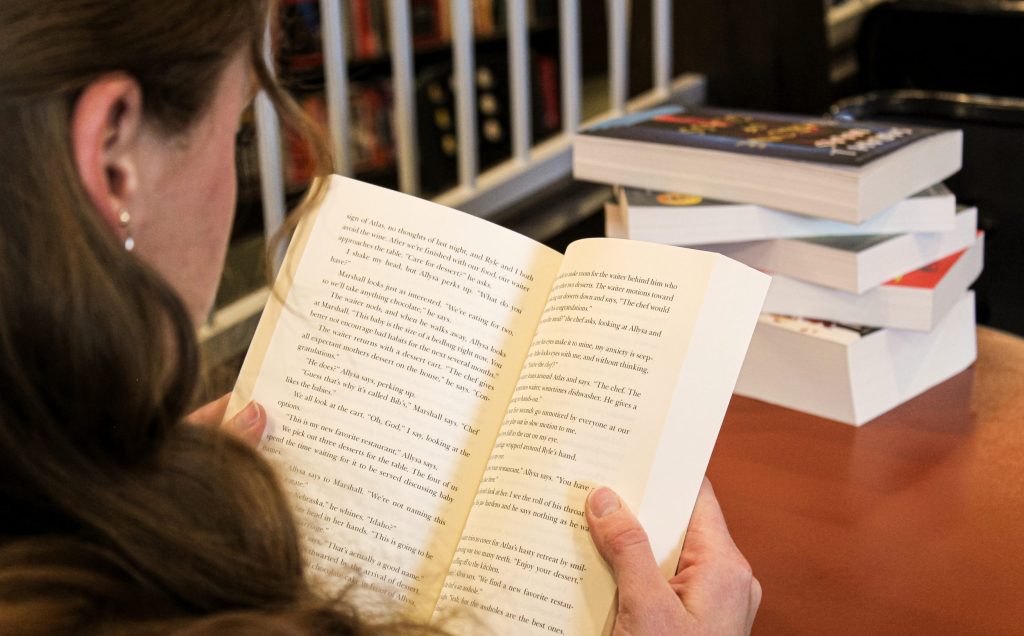When we were in high school reading Ray Bradbury’s “Fahrenheit 451,” it seemed like banning books by the masses was something we could only see in a dystopian novel. But now when students read this book, the main theme rings so true, it feels more nonfiction than dystopian.
Ever since parents started to decide that their children couldn’t handle the books children were reading, book banning has become an epidemic that needs to end.
Last year, 3,923 total titles were banned across America. In Utah alone, there were 262 books banned. This recent kick in book banning is alarming, and far too many of these books don’t deserve to be banned due to their literary relevance.
Book banning has caused students to become more censored than ever before. People are petitioning for books to be removed from libraries, parents are forming groups that seek further censorship, and libraries are threatening to close their doors.
Books like “The Bluest Eye” by Tony Morrison and even recent publications like “A Court of Thorns and Roses” by Sarah J. Mass are the most popular banned books in Utah.
But why are these books being banned?
One of the largest organizations for banning books is Utah Parents United. This group of very angry parents are dedicated to protecting their children and advocating for more parental control in the classroom.
A recent proposal to create a rule book for banning books stated that a book can be banned for a variety of reasons. In Utah, a book can be banned if it includes sexual themes and violence or has no serious literary value.
When a book is banned, it’s taken out of a school’s library. In more extreme cases, it’s taken out of a school’s curriculum.
This censors what students read, limiting the representation of stories that students need to read. Because of this, book banning is a form of censorship, and many organizations are fighting against the recent bans.
Unite Against Books is one of the largest advocates for reading and is continuously at the forefront of the fight against book banning. They believe that reading is power, and when books are banned their voice and power are taken away.
Another organization that fights against book bans is the American Library Association. The ALA has been tracking book bans for over two decades and remains one of the best advocates against book banning.
When books are banned, students are censored from information and stories that help them understand the world and communities around them.
The ALA provides tools and resources to help librarians, teachers, authors, students and readers in the fight against book banning. Together the ALA partners with UAB to help educate and enforce the importance of reading.
Because without reading, where would we be?
As an English major with an emphasis in literary studies, I’ve read more banned books than I can even count, and I could never justify taking a book out of a library.
Most people in favor of book banning argue that a book is too mature for some audiences. While I agree, banning a book entirely is the wrong way to fix this problem.
Books are marketed toward certain age groups, so of course a book meant for 15-year-olds should not be in an elementary school library. This is the problem that so many people struggle with.
While a book meant for an older audience should not be in an elementary library, book banning is not the solution to this problem.
The solution to this problem is for these parents to tell their own children to not read certain books instead of taking their ignorance to the school board and getting the book banned for all children.
Book banning is arbitrary and a horrible form of censorship.
The irony behind “Fahrenheit 451” being taught in schools at the same time books are being banned from students would probably make Ray Bradbury roll in his grave.
One day, we will end this epidemic and realize that the stories we read carry importance, and banning them only does harm.
Oscar Wilde, an Irish poet and playwright, once said, “The books that the world calls immoral are the books that show the world its own shame.”




